How to Use Holiday Gatherings to Evaluate Your Parents’ Well-being

The holidays are a time for warmth, joy and the comfort of being surrounded by family. They also provide a unique and vital opportunity to quietly observe and assess the well-being of your parents and older relatives.
While we’re caught up in the laughter and nostalgia, it’s important to pay attention to subtle changes that might otherwise go unnoticed, ensuring that our loved ones are receiving the care and support they need.
Physical and Cognitive Signs to Watch For
According to Jasmine Demos DNP, MSN, ANP-BC, RN-BC, NPFA, GCN, Doctor of Nursing Practice and Clinical Lead with Geriatric Surgery at LifeBridge Health, family visits during the holidays are a perfect time to evaluate any concerning shifts in your parents’ physical or mental state. She suggests watching for the following signs:
- Changes in hygiene or self-care: Are they maintaining their personal hygiene? Are they dressed properly for the weather?
- Memory issues: Do they seem more forgetful or confused? Are they able to complete tasks like cooking or following conversations without difficulty?
- Home upkeep and financial responsibilities: Is their home tidy, or are there signs of neglect? Are bills being paid on time?
- Mobility problems: Are they struggling to move around? Do they seem unsteady or need more assistance than usual, such as a cane or walker?
- Weight loss and nutrition concerns: Are they eating well and getting proper nutrition? Unintentional weight loss could indicate difficulty with meal preparation or a lack of appetite.
When it comes to memory, Jasmine highlights the importance of differentiating between normal aging and more concerning signs, such as confusion about time, familiar faces or places.
“If they’re asking the same questions repeatedly or having trouble following instructions, it might be time for a deeper assessment,” she says.
Emotional Health Matters Too
Physical signs aren’t the only things to watch for. Jacki Post Ashkin, MSW, LCSW-C, director of community connections at Jewish Community Services (JCS), a proud partner of AgeWell Baltimore, emphasizes the importance of looking out for emotional and cognitive well-being as well.
“Unexplained changes in mood, confusion or disinterest in activities they once enjoyed can be red flags for depression or cognitive decline,” Jacki notes.
Additionally, things like unexplained car dents or missed medications could signal deeper issues.
Tips for Starting the Conversation and Next Steps
If you notice signs of social isolation or other concerns, it’s crucial to approach the conversation with care and empathy. Jacki suggests several ways to make this conversation easier:
- Begin Early: Ideally, these discussions should start before any issues arise, allowing families to plan for the future together and understand their parents’ wishes.
- Start from the Heart: If you have concerns, lead with care. Say something like, “I’ve noticed a few things lately and I just want to make sure everything is going okay.”
- Focus on Observations, Not Judgments: Keep the conversation respectful and specific to what you’ve noticed. For example, “I saw some unopened mail and it looks like one of your medications needs a refill.”
- Involve Them in the Solution: Ask for their input. Involving your parents in the decision-making process helps them feel respected and may ease worries about losing independence.
Holiday gatherings are a time to cherish family and by taking these steps, you can help ensure that your parents stay happy and healthy for many more celebrations to come.
Subscribe to our newsletter
The Associated is a home for everyone in the Baltimore Jewish community. We offer several email lists to help people find a community, engage with their peers and support Jewish journeys around the world.
Join Our Mailing ListAdd Impact to Your Inbox
Sign up for our newsletter
Subscribe to our newsletter
The Associated is a home for everyone in the Baltimore Jewish community. We offer several email lists to help people find a community, engage with their peers and support Jewish journeys around the world.
Join Our Mailing List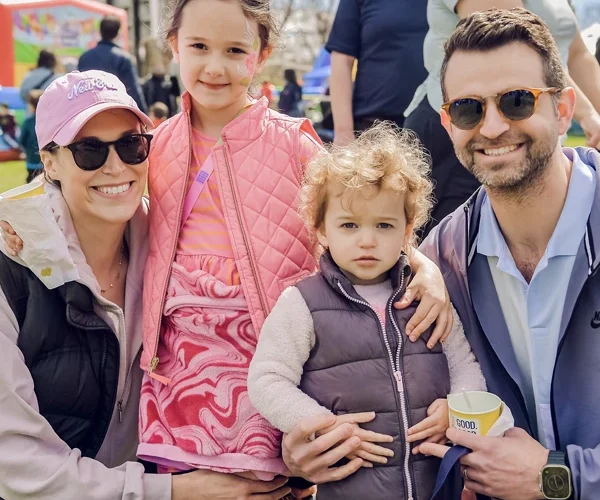
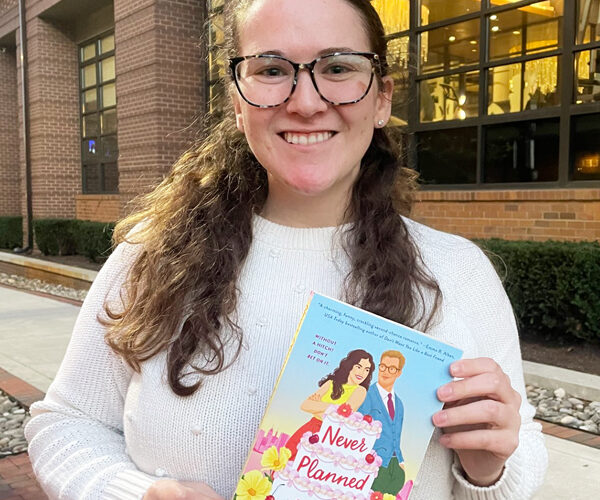
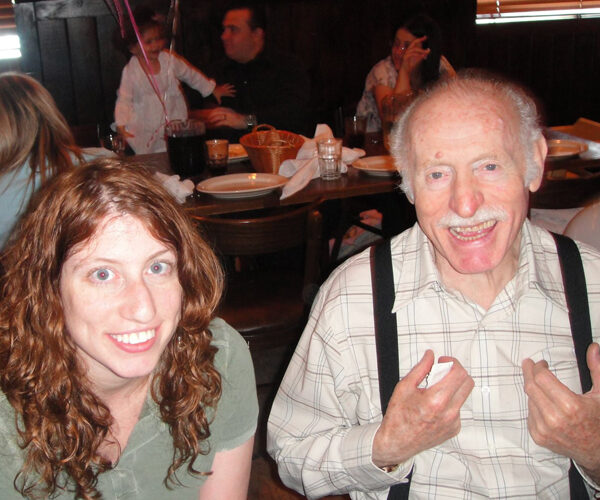
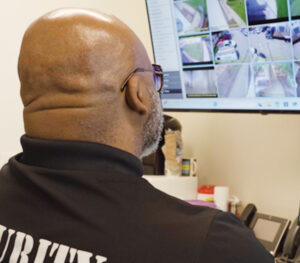

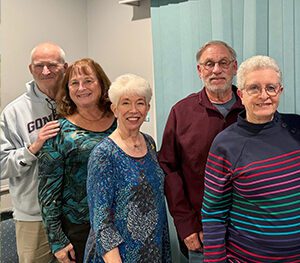



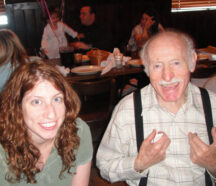
 Please Wait while we loading your video.
Please Wait while we loading your video.